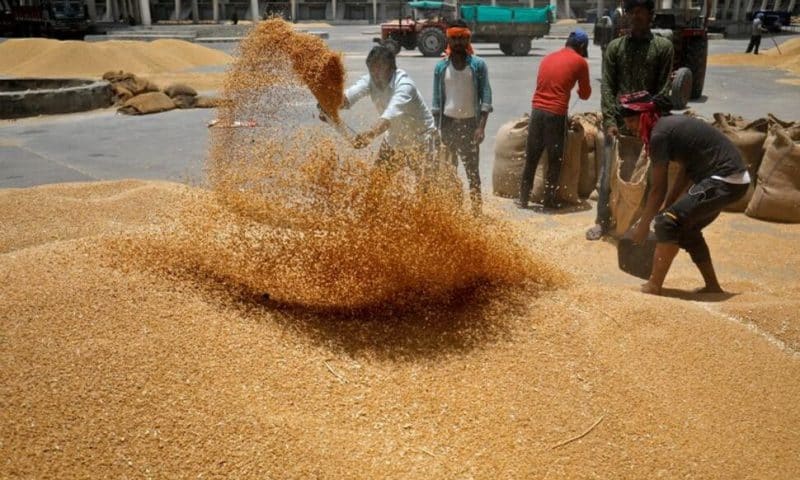LONDON – The United Nations food agency’s world price index fell in February for a seventh consecutive month as lower prices for all major cereals more than offset the rising price of sugar and meat.
The Food and Agriculture Organization’s price index, which tracks the most globally traded food commodities, averaged 117.3 points in February, down from a revised 118.2 points the previous month, the agency said on Friday.
The February reading was the lowest since February 2021.
The cereal index fell 5% month-on-month in February to stand 22.3% below its level a year ago thanks to expectations of large maize harvests in South America and competitive prices offered by Ukraine.
Vegetable oil prices fell 1.3% in February from January to stand 11 percent below year ago levels amid prospects for abundant South America supplies. Rapeseed and sunflower oil prices also fell, thanks to ample exports.
The UN agency’s sugar index, by contrast, rose 3.2% month-on-month in February, reflecting persistent concerns over top producer Brazil’s upcoming output and forecast production declines in Thailand and India.
In a separate report on cereal supply and demand, the agency raised its estimate for 2023 cereal output by 1.1% from the previous year to 2,840 million metric tons thanks to increased maize supplies in Brazil, China and the United States.
Looking ahead to 2024, the UN agency pegged wheat output up 1% from a year earlier at 797 million tons thanks to favourable weather in North America and top exporter Russia, as well as in China, India, Iran, Pakistan and Turkey.

